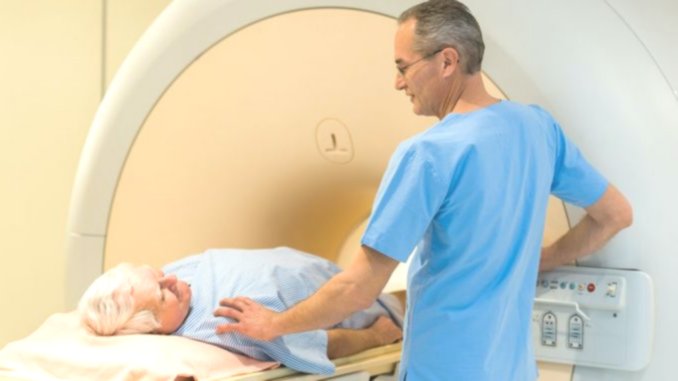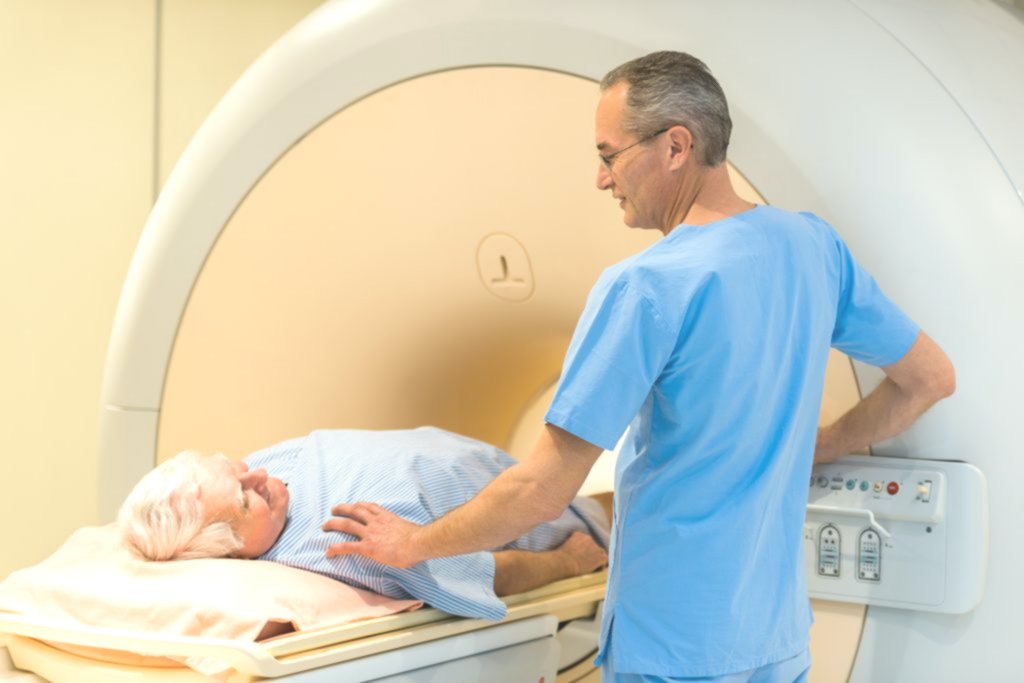
Prostate diseases are among the most frequent diseases in men over 50 years of age. According to data from the AECC Cancer Observatory, prostate cancer is the most frequent tumor among men with approximately 31,728 new cases per year in Spain (2018 data).
However, and despite the fact that the cure rate is around 90% when diagnosed early, men are still not fully aware of the importance of having regular check- ups to prevent prostate cancer and other prostate diseases.
What is the prostate for?
The prostate is an internal organ located in the pelvis behind the pubis , in front of the rectum, and immediately below the bladder of urine. Its main function is to provide nutrients to the sperm and liquid for its transport in the semen.
Anatomically, it has always been said that the prostate is shaped like a chestnut. However, its size tends to increase after 50; which supposes a greater probability of suffering some complication for this reason.
The most frequent diseases of the prostate
- Prostatic hypertrophy . It is an increase in its size due to a benign tumor called a prostatic adenoma. It is very common and its frequency increases from the age of 50.
- Prostatitis. It is usually more frequent in younger men. It is an inflammation of the gland, and may be of infectious origin.
- Prostate cancer. It is a malignant tumor that settles in the prostate gland. Its frequency also increases after the age of 50.

Prostate Cancer Risk Factors
As we have already mentioned, age is the main risk factor for prostate cancer, especially after the age of 50. But, in addition, other factors have been described that may also influence the development of the disease:
Diet and obesity
They can be associated with the most aggressive cases. There is evidence that high-fat diets could increase the risk of prostate cancer, as well as eating a lot of red meat and high-fat dairy products, although there is no consistent evidence.
Family history
They can be considered another risk factor. Thus, the existence of cases of prostate cancer in first-degree relatives (father, siblings, children) increase the risk, especially if it has been diagnosed at an early age.
Genetics
In a small percentage of cases, prostate cancer may be related to certain genetic changes . There are some families with mutations in the BRCA genes (also associated with breast cancer), or in Lynch syndrome (hereditary colorectal cancer without polyposis), which increase the risk of prostate cancer.
On the other hand, and for reasons not well known, prostate cancer is more frequent in African American men (approximately 70%). Men of Asian descent or Pacific Islanders have the lowest incidence and mortality rates. Southern countries such as Spain, Greece or Italy have a lower prostate cancer rate.
Finally, other factors such as sexually transmitted infections or vasectomy are still under study as they currently lack solid conclusions.

Prostate cancer prevention and lifestyle
The implementation of healthy lifestyle habits is always advisable to maintain a good state of health and prevent many diseases. Also pathologies associated with the prostate and prostate cancer.
Therefore, maintaining an adequate weight, a healthy diet (that is varied, low in fat, with a high consumption of fruits and vegetables), and carrying out regular physical activity , could have a role in the prevention of prostate cancer, especially , in the appearance of the most aggressive cases.
It is also advised to avoid excessive calcium intake (eg calcium supplements) if not justified by a medical cause.
Decreasing the consumption of alcohol (always better if we eliminate it completely) and suppressing the habit of smoking are also very advisable habits to keep the general health of our body in good condition.

When to go to the urologist?
You should go to the specialist whenever there are urinary symptoms :
- Hematuria (blood in the urine).
- Changes in the rhythm of urination.
- Difficulty urinating.
- Frequent urination.
- Nocturia (getting up at night to urinate).
- Urinary urgency (uncontrollable urge to urinate).
- Incontinence.
- Painful urination.
- Hemospermia (blood in semen).
- Ejaculalgia (pain when ejaculating).
- Bone pains without just cause …
However, it should be noted that prostate cancer in its early stages has no symptoms or is indistinguishable from those caused by benign prostatic hyperplasia / hypertrophy.
As we have seen previously, if there is no special risk of developing prostate cancer, it would be advisable to consult with your urologist about the possibility and relevance of carrying out some type of tests from the age of 50 . This consultation should be carried out in the event of risk factors.